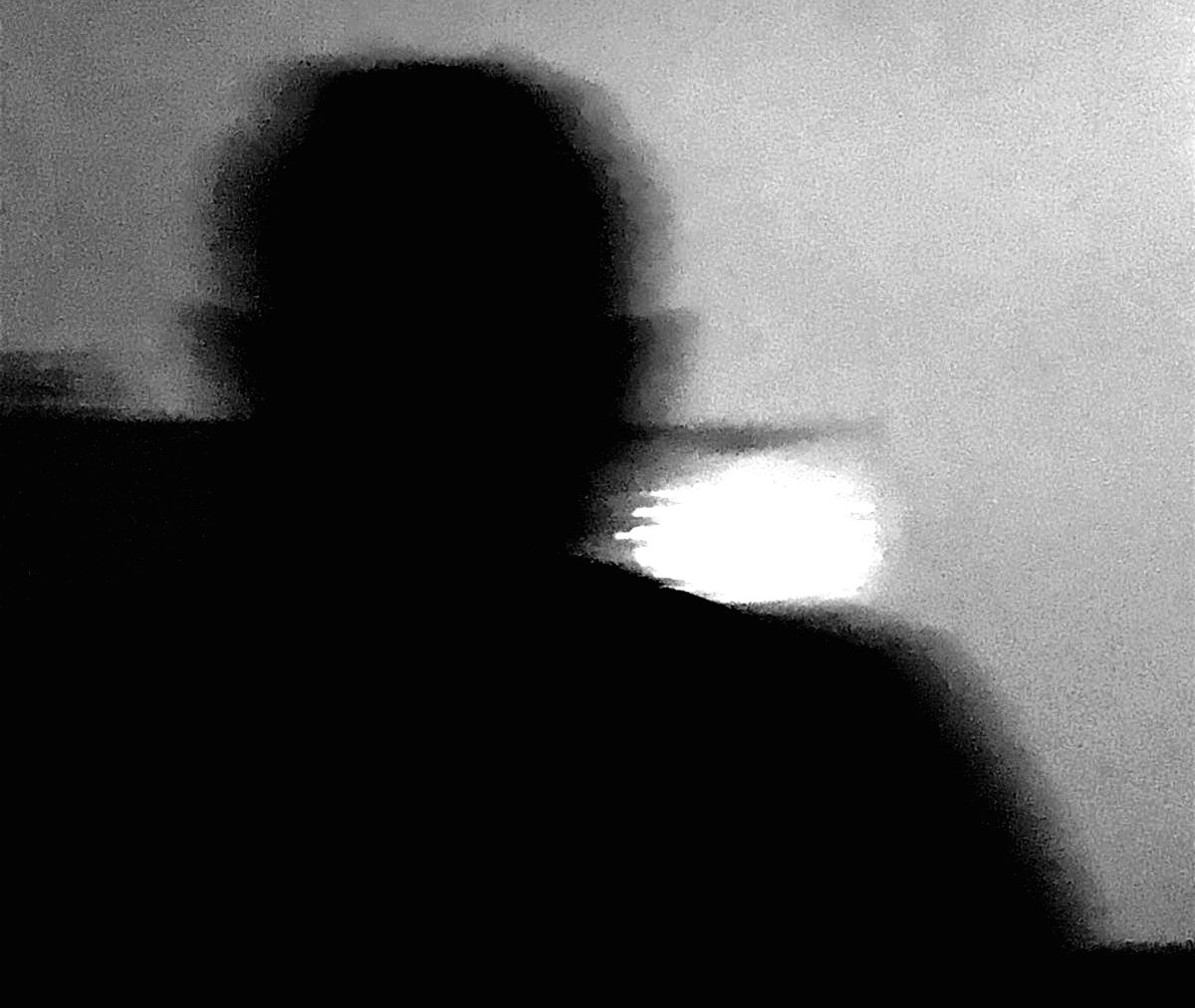Dasein’s awareness of death, according to Heidegger, liberates Dasein from its unquestioned belonging to the They and brings it nearer to a realizing of its authenticity. Yet this awareness does not bring Dasein face to face with all the possibilities that are both inherited from Dasein’s past or heritage and determining and deciding of Dasein’s future.
In Being and Time, Heidegger says that the scope of the concept of authenticity must be extended to include within itself a linking together of Dasein’s heritage and future. That is, authenticity means that Dasein’s past, which occurs as its heritage, must define and shape Dasein’s future possibilities, and that Dasein’s future has to be arising from its own past, its own heritage.
Heritage, shared amongst a people belonging to the same history and arising from out of the same past, makes possible the self-interpretation of Dasein of itself. Self-interpretation is an interpreting at the moment of being with others.
This means that Dasein cannot originate or invent that which is not rooted in its own heritage, which it shares with others. Heritage is the ground in which every inventing is rooted, for inventing now means thinking from out of and into that which is inherited and shared.
Authentic historicality occurs when Dasein acknowledges its heritage in such a way that links together the past and the future with a people traversing through history and thinking in terms of their being with each other.
This linking together of past and future means that Dasein, in its turning toward its future, must repeat what is inherited. The past holds within itself that which delivers Dasein’s into its future authentically: “everything ‘good’ is a heritage, and the character of ‘goodness’ lies in making authentic existence possible”.
Repeating is going back to the past and choosing the ground of the future, for the future is itself grounded in the past. Yet this choosing and grounding are not simple attempts occurring only as straightforward or effortless selecting and forming.
“Repeating is … going back into the possibilities of the Dasein that has-been-there … (who) is not disclosed in order to be actualized over again … Arising, as it does, from a resolute projection of one- self, repetition … does not abandon itself to that which is past, nor does it aim at progress. In the moment of vision authentic existence is indifferent to both these alternatives.”
Martin Heidegger, Being and Time
Repeating is not a mere imitating; it is a thoughtful and free going back into Dasein’s heritage and that which it holds within itself so that an authentic historicality could take place. This going back defines and decides Dasein’s “fate”.
“Fate” is not that which is uncontrolled, unexpected, or unthought, but rather the interpreting and questioning of heritage. It is only in this questioning and interpreting of heritage that any thinking of “fate” might take place.
For more articles on Heidegger’s philosophy, read What does Heidegger mean by “Dasein’s thrownness”?, Heidegger’s Fundamental Ontology: What does it mean?, Heidegger: The fourfold, or Heidegger: The Death of God, Metaphysics, and Poetry.

